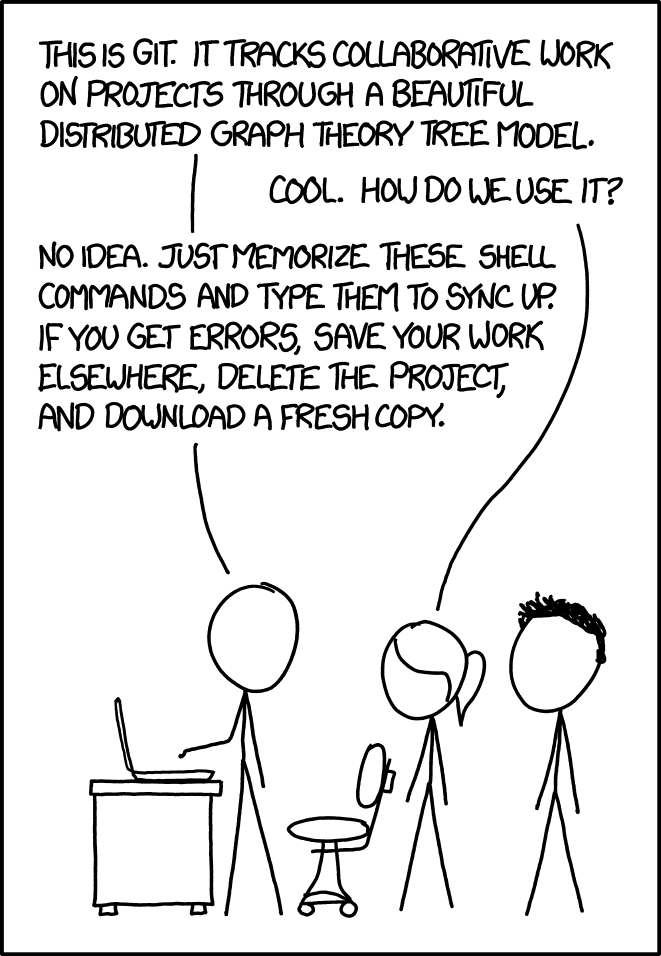Link: Matt Stoller · Will Spotify Ruin Podcasting?
Matt Stoller at Big has a newsletter post about Spotify’s attempt to take over podcasting that also includes a great history of the death of publishing on the web:
Why the Open Web and Publishing Began Dying
Anyone trying to understand modern media or monopoly has to spend a lot of time understanding Google and Facebook, because they are the pace-setters in our economy. Every corporate leader, from agricultural to podcasting, sees what they have done, and tries to reproduce their success in their own industry.
While Google and Facebook are framed as tech companies, they are in fact advertising companies and middlemen in the flow of information.
…
Google and Facebook did this through two key techniques. The first was to acquire gatekeeping power in distribution. Google is gatekeeper in search, online video, and maps, whereas Facebook is a gatekeeper in social networking. To get to users, you have to go through Google and Facebook.
The second was to use this gatekeeping power to vertically integrate into dominant advertising platforms. Google and Facebook both sell large amounts of advertising, and they both bought up adtech companies in a merger spree from 2004-2014. They force partners to hand over data - and data is a key input into advertising - as a condition of getting access to their networks.
…
The result of these public policy decisions was Google and Facebook, the death of the open web, and increasingly, independent publishing on the internet.
